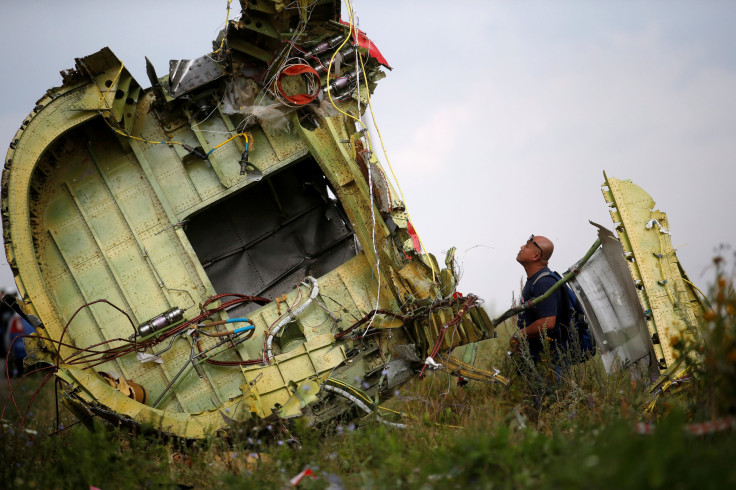Flight MH17 Update: Russian Air Transport Agency Claims Dutch investigators Did Not Ask For Assistance To Decipher Data

Rosaviatsia, the Russian Federal Air Transport Agency, denied Tuesday claims put forth by Dutch investigators that said Russia has not cooperated with requests to decipher its radar data in connection with the crash of Flight MH17.
Rosaviatsia claims that it did not receive any request from the Dutch-led Joint Investigation Team (JIT) to involve Russian experts to decode the data since it was dispatched in October.
"To date, we have received no requests from the Dutch side to involve our experts in decoding the primary radar data," Rosaviatsia Deputy Chief Oleg Storchevoy said, according to Sputnik News.
The latest statement by Rosaviatsia follows the release of comments by a spokesman for the Dutch investigators, cited by Der Standard on Saturday, which said that the data provided by the Russian authorities failed to meet the international standards.
The Russian Federal Air Transport Agency said that Dutch investigators are intentionally delaying the investigation and added that the issues faced by them could be resolved through cooperation.
All 298 people on board the MH17 died after it crashed in eastern Ukraine in July 2014 while flying to Kuala Lumpur from Amsterdam. An earlier inquiry by the Dutch Safety Board said a Russian-made BUK missile hit the plane from the area held by pro-Russian rebels who were engaged in heavy fighting in the region at the time.
“Based on the criminal investigation, we have concluded that flight MH17 was downed by a BUK missile of the series 9M83 that came from the territory of the Russian Federation,” chief Dutch police investigator Wilbert Paulissen reportedly said.
The Joint Investigation Team reportedly said that it was still unclear if the rebels acted independently or were ordered to shoot the plane down. The Kremlin has denied involvement in the incident.
“First-hand radar data identified all flying objects which could have been launched or in the air over the territory controlled by rebels at that moment,” Kremlin spokesman Dmitry Peskov reportedly said. “The data are clear-cut... There is no rocket. If there was a rocket, it could only have been fired from elsewhere.”
© Copyright IBTimes 2024. All rights reserved.





















